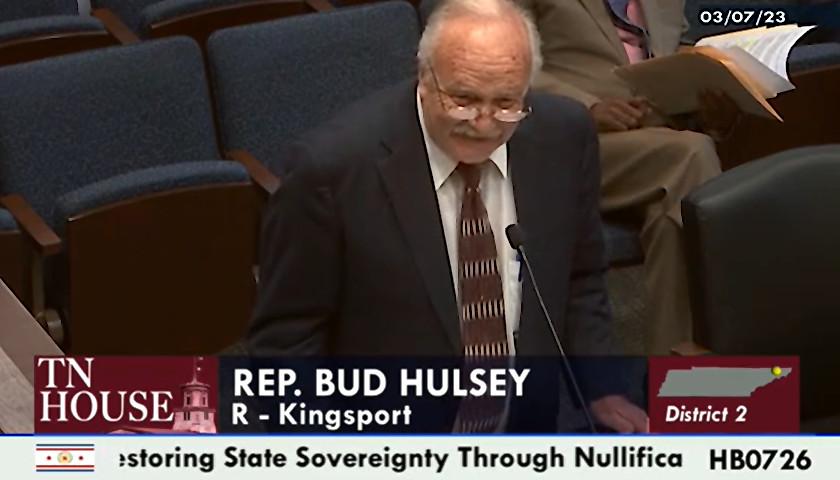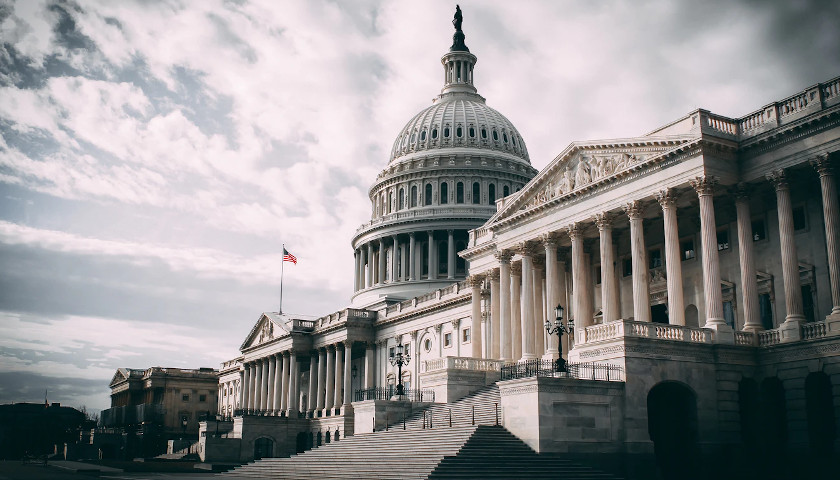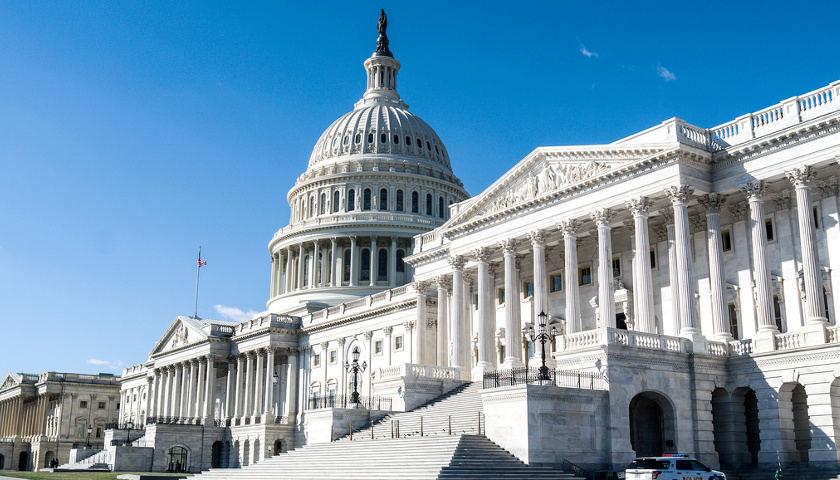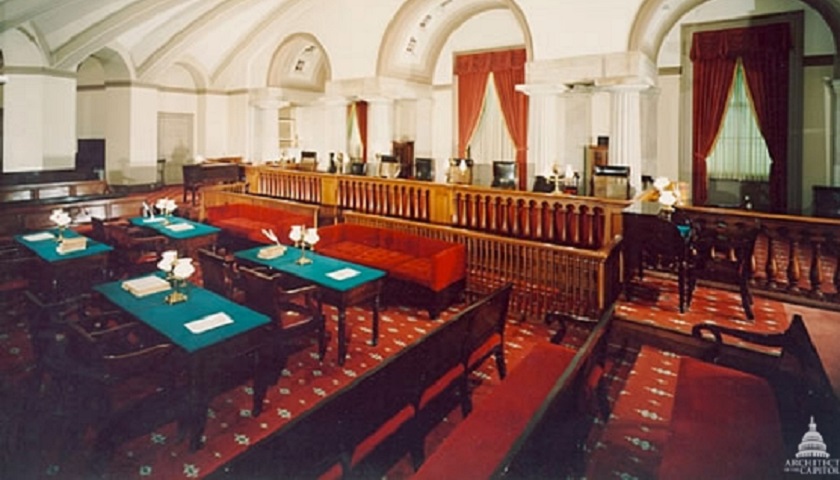Arizona Senate President Warren Petersen (R-Mesa) and House Speaker Ben Toma (R-Peoria) announced they are fighting back against Gov. Katie Hobbs’s (D) opposition to executing death row inmate Aaron Gunches.
“Governor Hobbs’ unilateral decision to defy a court order is lawless and should not be tolerated by the Judiciary,” said Toma in a statement emailed to the Arizona Sun Times. “We filed this amicus brief because the Governor is not above the law and simply cannot choose which statutes or court orders to follow. Moreover, I’m proud to stand with the victims in this case. Governor Hobbs’ actions have been a flagrant insult to the Price family, denying them of their legal rights as crime victims, and of the justice they are very much due.”
Read the full story










